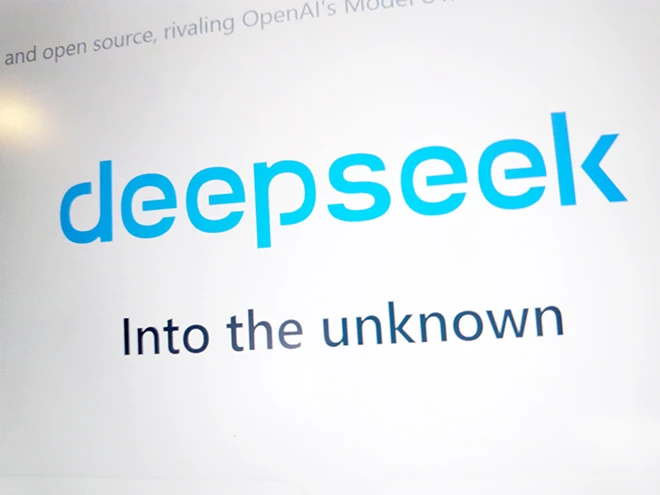AI Startup Manus
BEIJING: Chinese artificial intelligence startup Manus is gaining momentum as Beijing signals its support for the company’s domestic expansion.
On Thursday, Manus officially registered its AI assistant for the Chinese market and received significant attention in state media, a move that highlights China’s broader strategy of promoting homegrown AI firms with global potential.
The surge of interest in Manus comes in the wake of DeepSeek’s remarkable success. The Chinese AI firm made waves in the global tech industry by developing AI models that rivaled those of leading U.S. competitors but at a fraction of the cost.
This achievement disrupted the AI landscape and fueled investor enthusiasm, with many now searching for the next Chinese startup capable of reshaping the global tech order.
Manus has emerged as a strong contender. The company gained international attention on X (formerly Twitter) after unveiling what it claimed to be the world’s first general AI agent.
Unlike conventional AI chatbots such as OpenAI’s ChatGPT and China’s DeepSeek, Manus’ AI agent is designed to make autonomous decisions and execute complex tasks with minimal human prompting. This breakthrough has positioned Manus as a rising force in the AI sector, drawing comparisons to DeepSeek.
Beijing is now demonstrating clear support for Manus’ expansion within China. On Thursday, state broadcaster CCTV featured Manus for the first time, airing a segment that outlined the differences between its AI agent and DeepSeek’s chatbot technology. The move indicates that the Chinese government views Manus as a key player in the nation’s AI strategy.
In addition to media coverage, Manus also cleared a critical regulatory hurdle. The Beijing municipal government announced that the Chinese version of Manus’ AI assistant, called Monica, had successfully completed its required registration process for generative AI applications in China.
This approval is essential for AI companies operating in the country, as Chinese regulators enforce strict rules to ensure that AI-generated content aligns with government guidelines and does not produce sensitive or politically undesirable material.
Beyond regulatory approvals, Manus is also strengthening its position through strategic partnerships. Last week, the company revealed a collaboration with the team behind Alibaba’s Qwen AI models, one of China’s leading AI research and development initiatives.
This partnership could accelerate the domestic deployment of Manus’ AI agent, which is currently only available to users with invite codes. According to the startup, there is already a waiting list of over 2 million people eager to access the technology.
China’s AI sector is rapidly evolving, with the government actively fostering domestic innovation to compete with global leaders like OpenAI and Google. As Manus gains traction, it may become one of the country’s most influential AI startups, helping China solidify its position as a major force in artificial intelligence.


